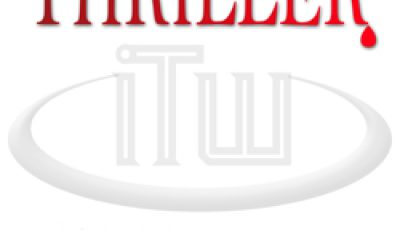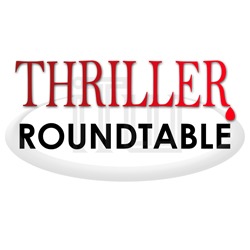

December 12 – 18: “What’s the one fiction/writing/craft guidebook that every writer should have?”
What’s the one fiction/writing/craft guidebook that every writer should have, not on his or her shelf, but right there on the desk always within reach?
~~~~~~~~~~~~~~~~~~
Latest posts by ITW (see all)
- LAST GIRL MISSING with K.L. Murphy - July 25, 2024
- CHILD OF DUST with Yigal Zur - July 25, 2024
- THE RAVENWOOD CONSPIRACY with Michael Siverling - July 19, 2024

